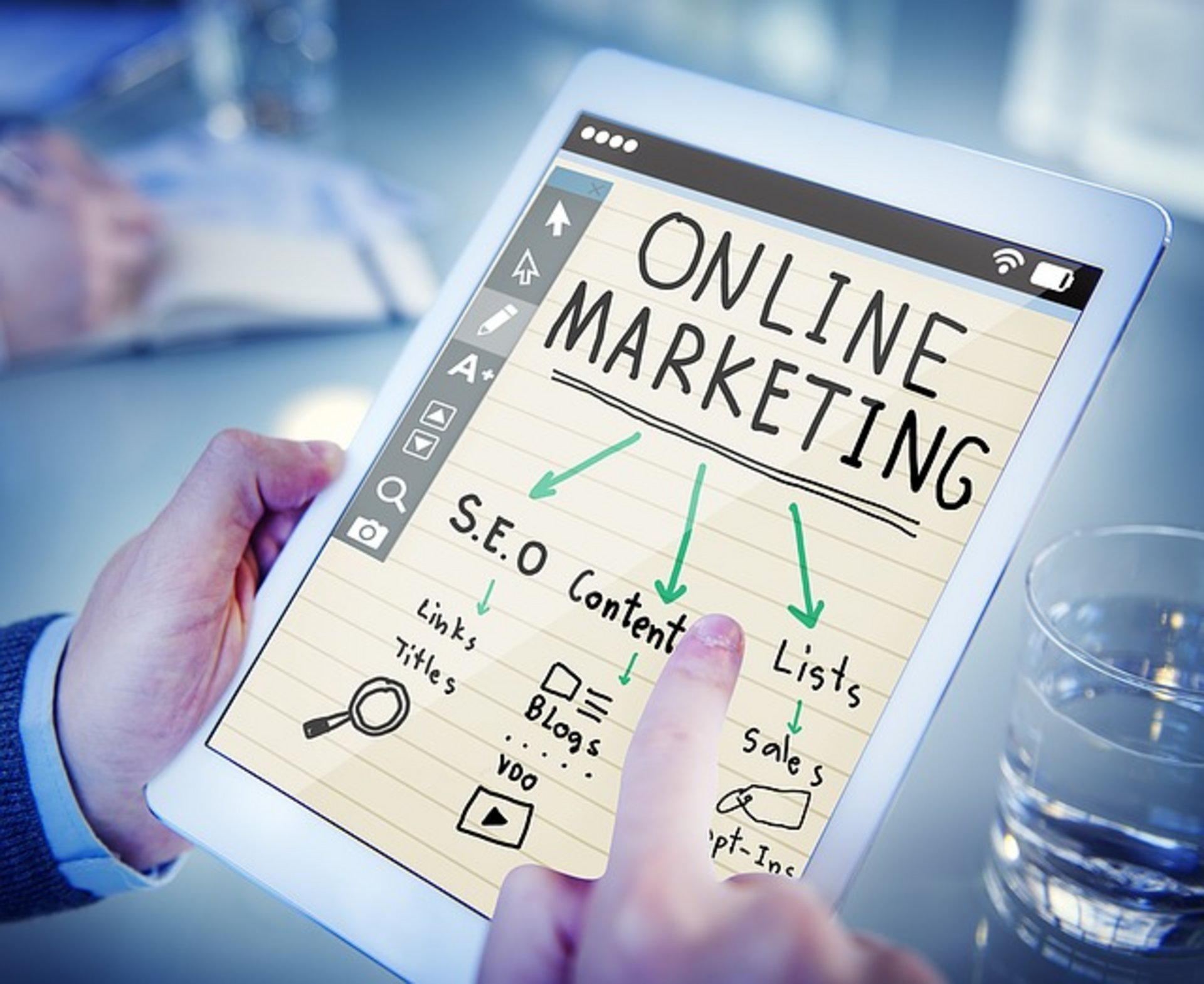Recap OMT seminar: "Psychological effects in online marketing"
After the great success of the first Online Marketing Day in Wiesbaden last year, the organizer Mario Jung decided to offer the most popular topics as a one-day seminar. This included the online marketing workshop by Sascha Kern entitled "Psychological Effects in Online Marketing". We took advantage of yesterday and were there to analyze and understand both well-proven and recent online advertising and design phenomena.
The seminar began at 9:00 am at the Park Inn Hotel at Frankfurt Airport. The number of participants of the seminar was kept deliberately low, which is why you immediately felt a very pleasant - almost familiar - atmosphere, as soon as you entered the room. A healthy mix of the online marketing industry was present and it was to be a revealing day with lots of interesting conversations and insights.
(Almost) on time, it started with a small introductory round and you noticed immediately: There are some professionals in the room. Sascha, the head of the seminar, knew exactly what he was talking about. We started by analyzing the psychological basics of activating websites. For this we used two examples: A booking portal for apartments and Airbnb. On closer examination of the structure of the two sides it became immediately clear that successful portals not only activate the prospective customer, but pick it up personally and emotionally. This is done by both textual and pictorial address of the visitor. An optimized conversion also comes about by the fact that in many cases only strictly required information is asked. A short example of emotional speech for this area:
Portal a)
- statically structured with dropdowns such as: country, region, city, arrival and departure date, number of persons and rooms, type of object
- no pictures
- no emotions
Portal b)
- Entry page with an appealing image, on which a couple facing the back can be seen (apparently no stock photo!)
- Big headline with "Welcome home"
- Input field "Where should it go"
So one can imagine that Portal b) addresses the visitor directly and tries to fetch him instead of directly producing a felt / forced checkout process. The participants were actively discussing different areas of application and how the effect of personalization could be used for their areas.
After a short break, we continued with more psychological foundations and how these affect both our own and the behavior of visitors and customers. From different learning areas to classical as well as operational conditioning, the action and decision psychology was analyzed on the basis of examples. Then we talked about "motivational conversation". It has been very interesting to recognize different ways of looking at decisions, including but not limited to: Defining Importance and Confidence
Many things in the daily visit of websites appear to us now as a matter of course. Be it the evocation of reactance, ie the artificial scarcity and regulation of goods and communities, as well as the property effect. Again, I would like to give a few examples:
Reactance for online purchases & portal
- booking.com works with x people already booking a room in the last y minutes. On average, z rooms have been booked within the last 24 hours
- Many e-commerce portals indicate that there are only a few items left in stock, which adds to the pressure on the buyer
- In most cases, the most successful social media portals were initially only accessible through a personal invitation, giving the user the feeling of "uniqueness"
Possessions effect
- Example Apple iPhone: before it comes to technical details, the color is chosen first, which gives the prospective buyer that it is already "his device" because it is already personalized
- It is difficult to remove things from a shopping cart in an online shop, once they are in it
- Another interesting topic, which you should definitely take a closer look at, is the s.g. "Decoy effect", which is the pricing of several offer variants. It was very informative to see, with concrete examples, how different prices affect consumer behavior. For this we analyzed a concrete example of a participant who offered subscriptions in three different variants. The lessons learned could be implemented directly and used for optimization.
Conclusion to the OMT seminar:
Active participation and the exciting topic made the seminar a valuable building block. Being aware of how we deal with everyday things and processes has broadened the horizons. We are already looking forward to the 2nd Online Marketing Day Wiesbaden on the 2nd of September, which will certainly be a successful event again. Incidentally, this is the way to register for all interested parties. 2. Online Marketing Day Wiesbaden!
Contact us
Office Wiesbaden
Mainzer Straße 75
65189 Wiesbaden
